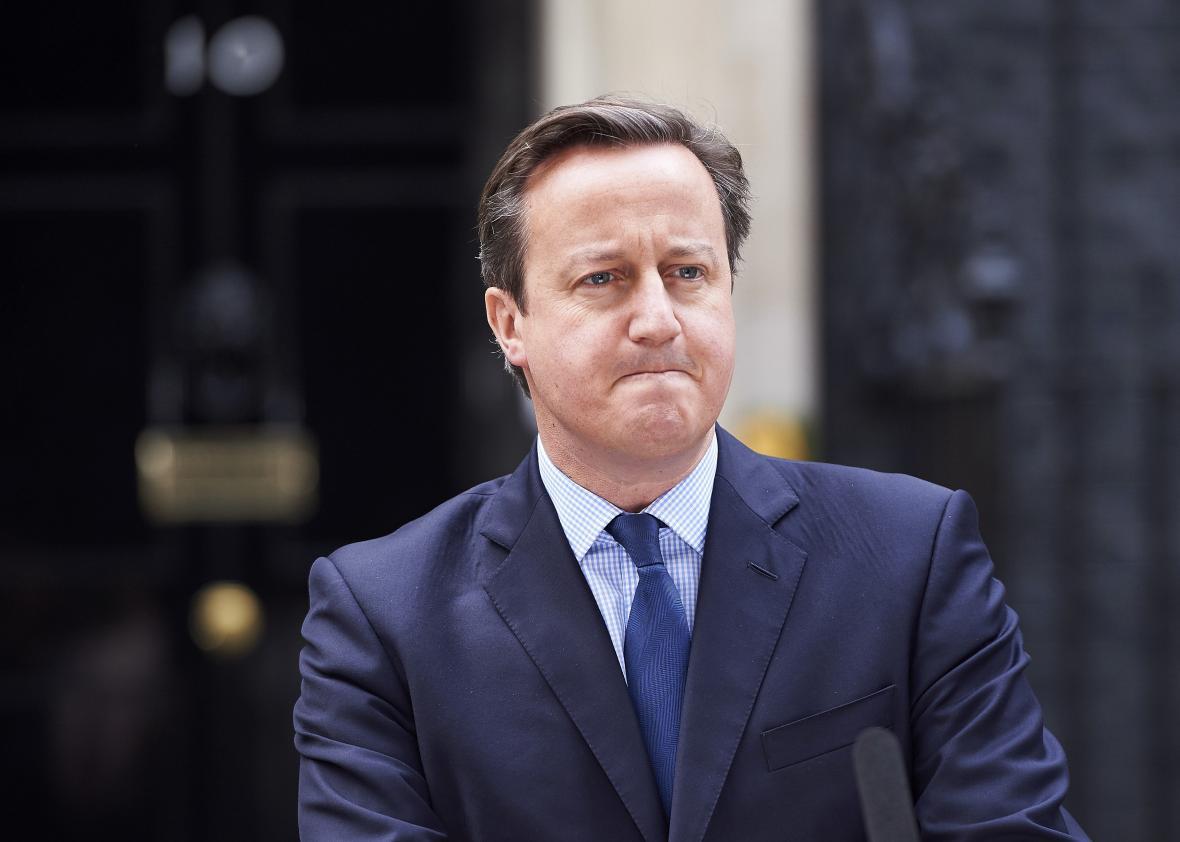The U.S. military now has a “high degree of certainty” that the British ISIS militant Mohammed Emwazi was killed in a U.S. drone strike aimed at him on Thursday. The Kuwaiti-born Emwazi, who moved to Britain with his family as a child, became known in the media as “Jihadi John” after he was shown in gruesome videos beheading prisoners, including American journalists James Foley and Steven Sotloff and aid worker Abdul-Rahman (Peter) Kassig*; British aid worker David Haines and cab driver-turned-volunteer Alan Henning; and Japanese journalist Kenji Goto. He’s remembered by other former ISIS prisoners as cruel and sadistic, participating in the torture and beating of hostages.
While few, beyond his ISIS comrades, will mourn Emwazi’s death, his killing is likely to reignite the debate over the legality of the British government, which supported the strike, cooperating in the killing of its own citizens. A number of British militants have been killed in the U.S. drone war in Somalia and Pakistan as well as in Syria, where at least 600 Britons have gone to fight with ISIS and other extremist groups. While these targeted assassinations usually seem to have been done with the tacit approval of London, the stakes were raised in September when the Royal Air Force’s own drones targeted and killed two British ISIS members in Syria.
That incident was compared to the controversial U.S. drone strike that targeted American al-Qaida cleric Anwar al-Awlaki, but as legal scholar Kate Martin noted at the time, Britain’s legal rationale for the extrajudicial killing of its own citizens is different. While the U.S. justifies targeting Americans as part of an armed conflict between the U.S. and al-Qaida, Prime Minister David Cameron described the killing of the two ISIS members, one of whom had appeared in a recruiting video targeting British Muslims, as an “act of self-defense” justified by international law. That’s a crucial distinction, as Parliament has not yet authorized British military action in Syria. Obama, by contrast, claims legal authority to attack al-Qaida and its affiliated groups, including (dubiously) ISIS, wherever they are.
While the strike that killed Emwazi was carried out by the U.S., Cameron made a point of emphasizing Friday that it was a “combined effort” and that the U.K. had been working with the U.S. “literally around the clock to track him down.” He again justified the killing as “an act of self-defense” against a man who was “intent on murdering many more people.”
That’s not going to satisfy Cameron’s opposition, which criticized him over the strikes in September and are again questioning the legality of killing a British citizen without trial outside the context of war. Labour leader Jeremy Corbyn said Friday it would have been “far better for us all if he had been held to account in a court of law.” Haines’ widow agreed, saying that Emwazi’s capture would have been “the only moral satisfaction for the families of all the people that he murdered, because if he gets killed in the action, to put it that way, it will be an honourable death for him and that is the last thing I would actually want for someone like him.”
Diane Foley, who has criticized the administration’s handling of her son James’ case, also had mixed feelings, telling ABC that it was “small solace” to see “this huge effort to go after this deranged man filled with hate when they can’t make half that effort to save the hostages while those young Americans were still alive.”
*Correction, Nov. 13, 2015: This post originally misspelled the first name of Abdul-Rahman Kassig.
